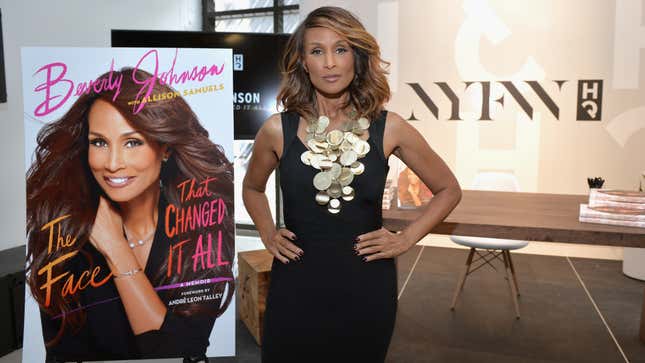Beverly Johnson: 'The Fashion Industry Pirates Blackness for Profit While Excluding Black People'
CelebritiesNews

Following Vogue editor Anna Wintour’s woefully late and inadequate acknowledgement that Condé Nast has remained largely inaccessible to “Black editors, writers, photographers, designers, and other creators,” model Beverly Johnson wrote an op-ed for the Washington Post decrying the fashion industry’s longstanding tradition of using Black culture for profit while failing to elevate Black designers, models, photographers, hairstylists, and other tenets of the industry.
Johnson noted that the industry has not changed much since 1974, when she became the first Black woman to appear on the cover of American Vogue. At the time, fashion editors celebrated her for having “broken all color barriers,” but Johnson found that she was still paid less than white models and could not request Black photographers, makeup artists, and hairstylists for shoots. “Silence on race was then — and still is — the cost of admission to the fashion industry’s top echelons,” she wrote.
-

-

-

-

-

-

-

-

-

-

-

-

-

-

-

-

-

-

-

-

-

-

-

-

-

-

-

-

-

-

-

-

-

-

-

-

-

-

-

-








































